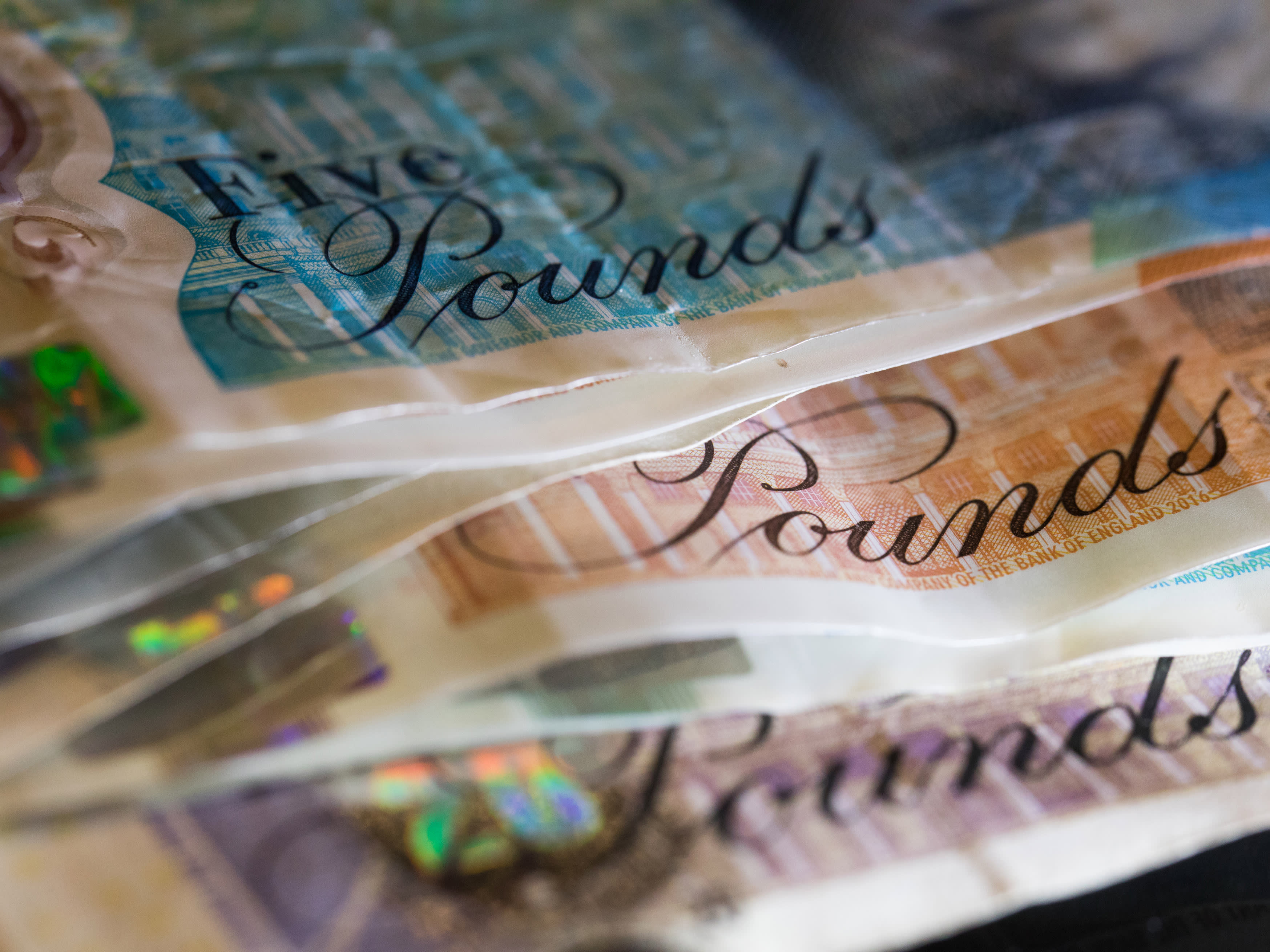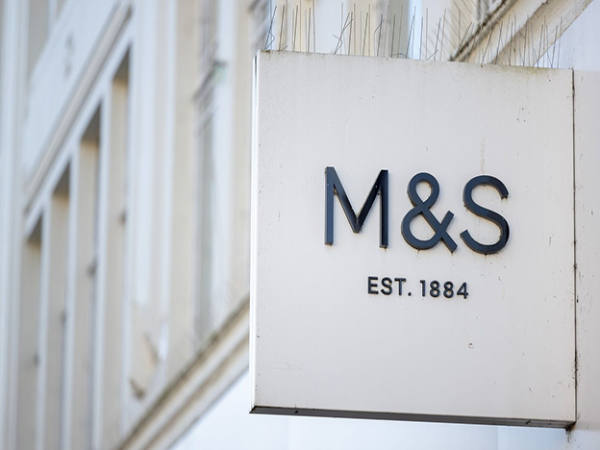UK investors love dividends. With good reason. In the five years to 2018, average annual returns from the FTSE 100 were flat, but this leapt to 3.9 per cent for those who re-invested their dividend income. In the 20-year period to December 2018, the FTSE 100 fell almost 3 per cent, but add in the re-invested dividends and investor total return was 81.3 per cent.
Most of the UK’s largest companies pay dividends, although a disproportionate volume of the pay outs come from just a handful of major industries. In 2020, £102bn of cash was expected to be returned to shareholders in the form of dividends, the second year on record after the bumper-returns of 2019.
Those forecasts have now been obliterated as pressure on cash flows forces company management to slash pay outs – in some cases, for the first time ever. And with dividend cuts, come share price collapses as companies crash out of income funds. The pain for investors who rely on company dividends for income is especially pressing.
What’s happening to UK company dividends?
Dividend cuts are coming thick and fast. The articles below can help you understand what is going on, which companies have slashed their pay outs and why.
Facing unprecedented threats to cash flow and demand, companies are cancelling or suspending their dividends en masse. Alex Newman explains what this means for your income.
Preferential treatment – income alternatives (
In his latest column, Mark Robinson explains what is happening to UK dividends and where income alternatives might be lurking.
With cash flows under pressure, companies are facing a big challenge: maintain the dividend or preserve cash and risk further share price annihilation. James Norrington examines the dividend dilemma.
Where are safe income opportunities?
Not everyone’s dividend is in danger. Some industries remain resolute in the face of the coronavirus, while balance sheet strength is helping others maintain their pay out. We highlight some interesting income opportunities in the links below.
Investment Trusts to weather the dividend drought
The tendency of investment trust shares to sell off heavily at times of market volatility also means that some equity income trusts can be picked up cheaply. Dave Baxter helps separate the reliable companies from the laggards in this article.
Why healthcare property may offer greater income security
If any industry is in high demand at the moment, it’s healthcare. Healthcare real estate investment trusts, therefore, may offer a port in the storm for investors.
Beware impending cuts?
The dividend rout is far from over. Keep a wary eye out for the next companies and industries set for the chop in the articles below.
Are insurance dividends next to fall?
Amid the ongoing efforts by companies to preserve cash, few sectors have been spared from dividend cuts. Alex Newman explains the pressure on the insurers in this article.
Falling share prices means the yield on many company dividends is very high right now. But beware value traps as more dividends look set for the chop.
How might dividend cuts hurt my pension income?
While a major health emergency circles the UK, homing in on the elderly and vulnerable, the last thing people need is to fear for their income. But many retired people rely on the dividends provided by their investment portfolios. These dividends are in danger as the coronavirus-crisis puts unpreceded pressure on company cash flows.
Don’t let coronavirus ruin your retirement
If the Covid-19 crisis teaches investors anything, it should be that asset markets can suffer spectacular falls in value. James Norrington’s article can help mitigate the fallout for retirement savings.
Protect your retirement savings from the coronavirus
Many people's financial security in later life has been thrown into question following sharp drops in the value of pension funds, as markets plummet due to the coronavirus crisis. Mary McDougall explains more here.



















